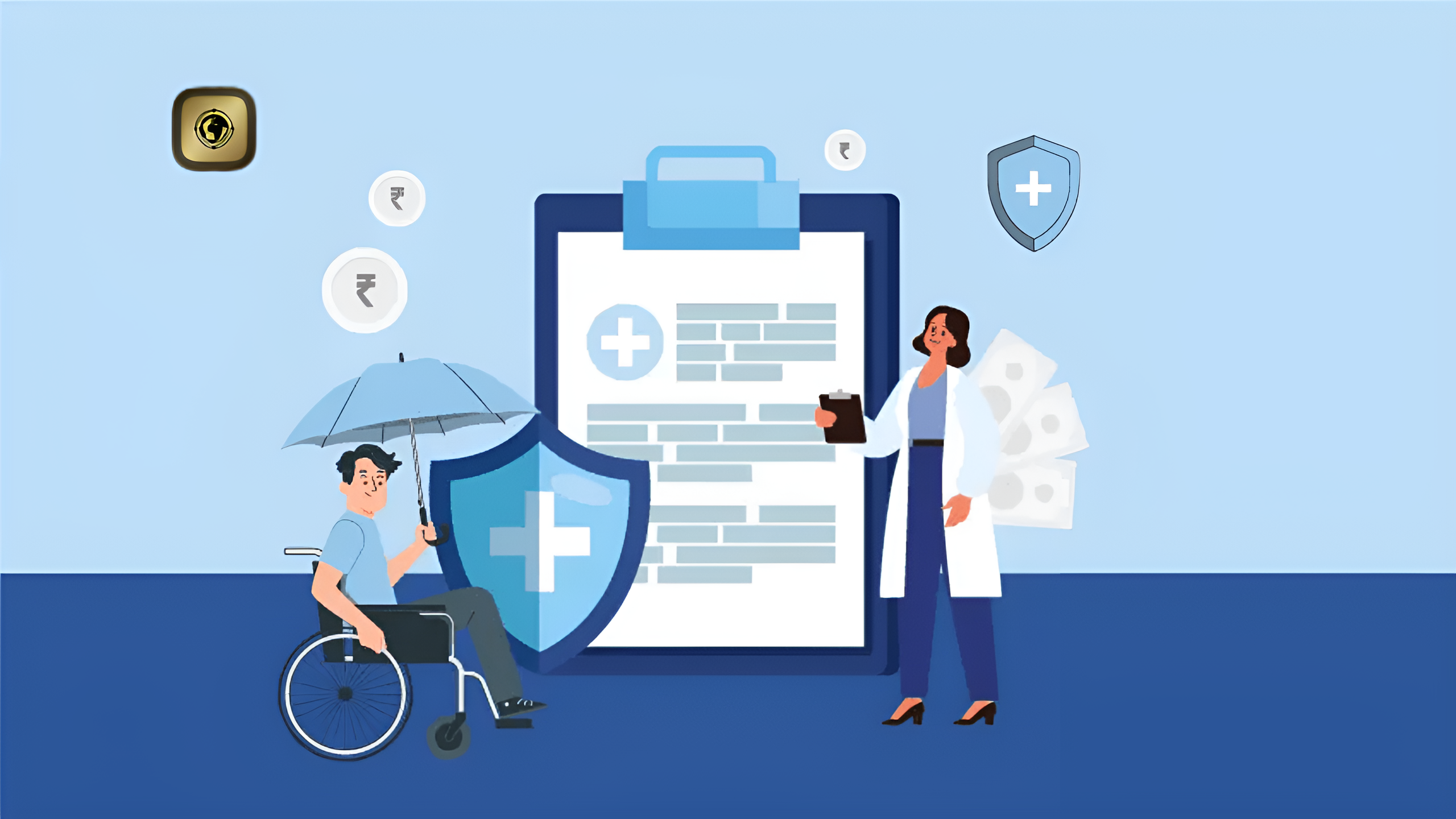March 31, 2025
Understanding OPD Coverage in Health Insurance
In the current era, health insurance serves as a crucial safety net essential for managing healthcare costs. However, not every health issue necessitates hospitalization; many can be addressed through a doctor’s consultation. A Statista report indicates that 22% of Indians visit a physician at least three times annually. If your insurance does not cover these expenses, you may have to pay out of pocket despite having a health policy. This is where OPD coverage becomes significant.
What Is OPD Cover in Health Insurance?
Many health conditions do not require hospitalization and can be treated through a doctor’s consultation without an overnight stay at the hospital. This is known as OPD (Out-Patient Department) treatment. OPD services include medical consultations, diagnostic tests, and minor treatments for common issues like fever, cough, dental examinations, and eye tests. Patients can visit a clinic, consult a doctor, and receive medication by paying a consultation fee.
Understanding OPD Coverage
Before diving into OPD coverage, let’s briefly overview what a health policy entails. A health insurance policy primarily acts as a financial safeguard during health emergencies. With numerous types of health insurance policies available, individuals can assess their needs and select the most suitable coverage. If premium costs are a concern, an online health insurance calculator can help estimate the expenses.
OPD treatments can be necessary for anyone, including those undergoing minor surgical procedures that do not require a prolonged hospital stay. However, these outpatient costs can add up, making OPD coverage a beneficial addition to standard health insurance policies. While conventional health insurance covers hospitalization costs, OPD coverage ensures financial support for everyday medical expenses.
Benefits of OPD Coverage in Health Insurance
Having OPD coverage in health insurance in India offers several advantages, as minor health issues are a frequent occurrence. Below are some key benefits:
- Claim OPD Expenses: OPD expenses incurred during the policy period can be claimed in addition to hospitalization costs.
- Covers Minor Surgical Procedures: Some minor surgical procedures not requiring a 24-hour hospital stay are covered under OPD insurance.
List of OPD Cover Benefits
OPD benefits include various medical expenses, such as:
- Diagnostic charges
- Minor surgical procedures
- Prescription costs
- Dental procedures and treatment
- Consultation charges
- Costs related to hearing aids, crutches, lenses, dentures, and eyewear
- Ambulance coverage
- Additional benefits depending on the insurance provider
Advantages of OPD Coverage
- Reduced Out-of-Pocket Expenses: OPD coverage reduces financial burdens related to everyday medical expenses, allowing individuals to access timely healthcare without major financial concerns.
- Extensive Coverage: It covers various outpatient services, including dental care, eye tests, and preventive screenings, enhancing overall healthcare access.
- Tax Benefits: Premiums paid towards OPD coverage are eligible for tax deductions under Section 80D of the Income Tax Act, lowering taxable income and providing additional savings opportunities.
- Easier Healthcare Access: OPD coverage removes cost-related worries, encouraging individuals to seek prompt medical care and prioritize preventive measures.
Disadvantages of OPD Coverage
Despite its benefits, OPD coverage has some drawbacks:
- Elevated Premiums: OPD coverage may lead to higher premiums compared to regular health insurance due to its extensive outpatient benefits.
- Limited Coverage and Availability: Certain exclusions may apply, such as cosmetic treatments, alternative therapies, and treatments conducted outside India. Additionally, not all insurance providers offer OPD coverage.
Who Should Consider OPD Coverage?
- Individuals Aged Between 25 and 40 Years: While major surgeries and injuries are less common in younger individuals, frequent colds, dental care, and minor ailments make OPD coverage an attractive option. It helps save on recurring medical expenses and provides financial ease.
- Individuals Over 60 Years of Age: As age advances, health conditions and injury risks increase. Regular doctor visits for minor ailments can strain savings, making OPD coverage essential for financial security during retirement.
Comparison with Traditional Health Insurance
Traditional health insurance policies primarily focus on hospitalization, surgeries, and major medical procedures, often leaving gaps in outpatient treatments and consultations. By adding an OPD rider or opting for a standalone OPD insurance policy, individuals can bridge these gaps and ensure comprehensive healthcare coverage.
Conclusion
OPD coverage enhances health insurance by covering essential outpatient medical expenses. While it may come with higher premiums, the financial relief it offers for routine consultations, diagnostics, and minor treatments makes it a valuable addition to a health plan. Individuals should assess their healthcare needs and choose a policy that ensures well-rounded medical coverage for both inpatient and outpatient care.



Leave A Comment